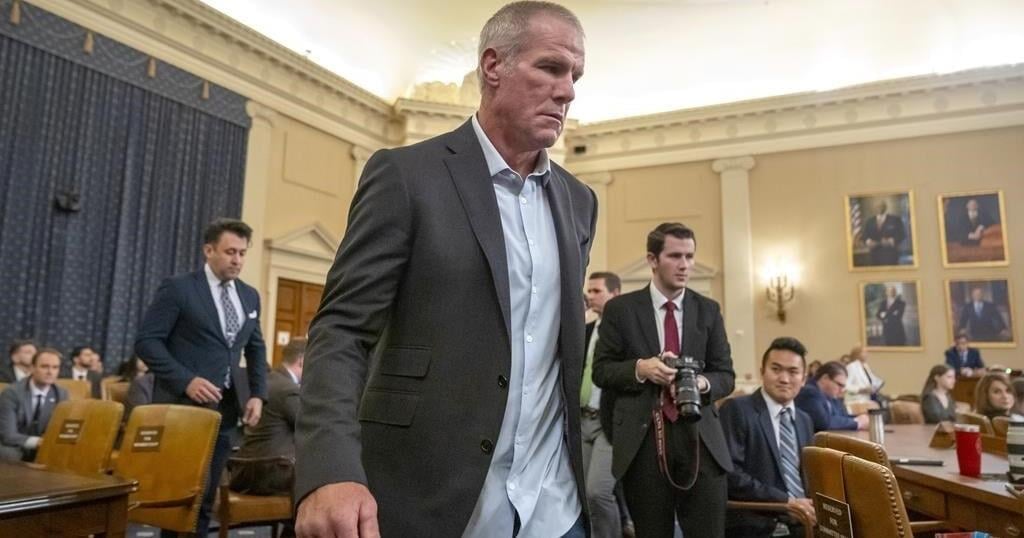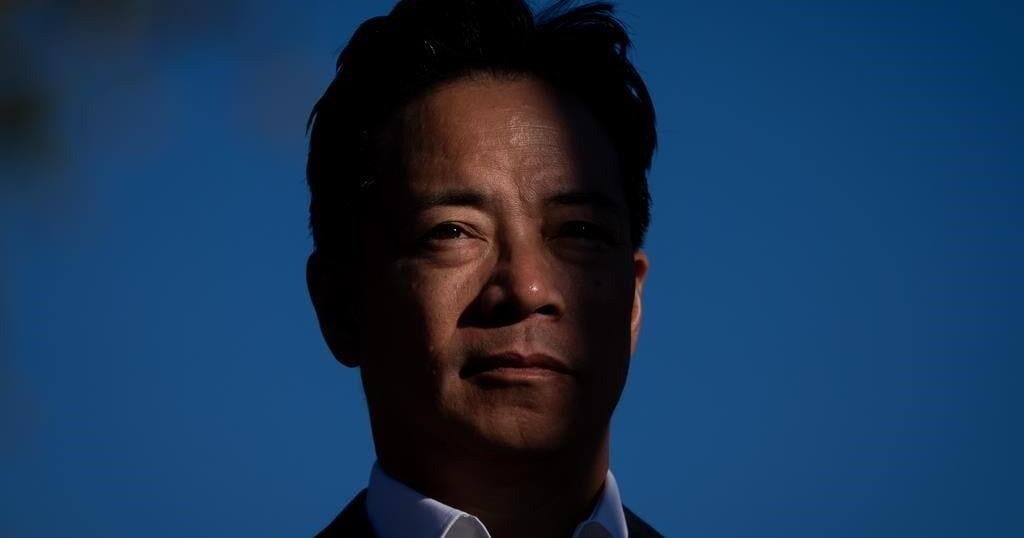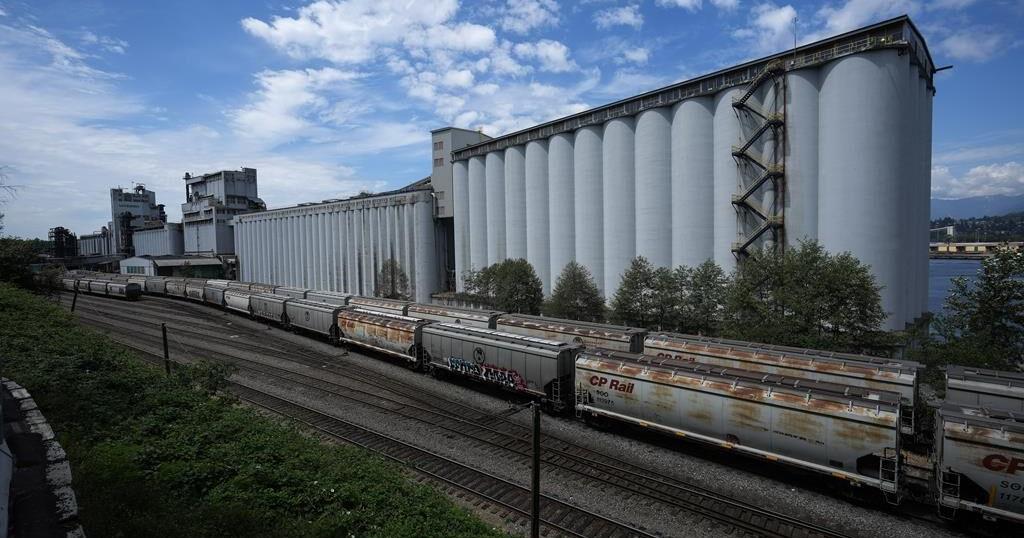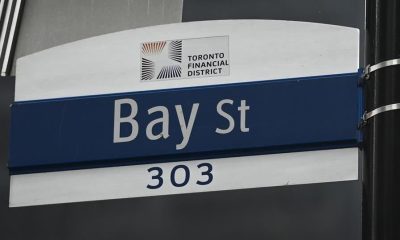More than a decade after retiring from football, Brett Favre says he has Parkinson’s disease.
Favre told a congressional hearing Tuesday that he had been recently diagnosed. There are nearly 90,000 new Parkinson’s cases each year in the U.S., according to the Parkinson’s Foundation.
Here are some questions and answers about the disease:
What is Parkinson’s?
Parkinson’s is a neurologic disease that robs people of control over their movements. It typically starts with tremors, and is characterized by slow movement, a shuffling gait, stiff limbs, balance problems and slurred speech.
Who gets it?
About 1 million Americans are living with Parkinson’s, and 10 million people worldwide, the foundation estimates. It usually appears after age 60, although sometimes it can develop before age 50.
What causes it?
The exact cause isn’t known but Parkinson’s develops when cells that produce one of the brain’s chemical messengers, called dopamine, begin to deteriorate and die. Dopamine transports signals to parts of the brain that control movement. Parkinson’s symptoms appear after enough dopamine-producing cells die that there’s too little of this neurotransmitter in the brain.
According to the foundation, most experts believe genetic and environmental factors are behind the disease. Dozens of gene mutations linked to Parkinson’s have been discovered and genetics account for 10 to 15% of all Parkinson’s, the group says. Other factors suspected of increasing the risk include head injuries, exposure to pesticides and herbicides and where you live. Favre said on a radio show in 2022 that he estimates he may have experienced “thousands” of concussions in his two decades in the NFL.
Is there a cure?
There is no cure but there are treatments, including medications that affect dopamine levels and a surgically implanted tremor-blocking device. Patients also can benefit from physical and occupational therapy.
What’s the prognosis?
Symptoms worsen over time, usually slowly. The severity of symptoms, and how quickly they progress, varies widely between patients. In advanced cases, people may be unable to walk or care for themselves. They also can suffer from depression, as well as memory and thinking problems.
While Parkinson’s itself isn’t considered fatal, people can die from complications of the disease, including lung problems as muscle weakness impedes the ability to cough and to swallow.
___
The Associated Press Health and Science Department receives support from the Howard Hughes Medical Institute’s Science and Educational Media Group. The AP is solely responsible for all content.

























